Research
L-Glutathione Overview
L-Glutathione, also known as GSH, is a tripeptide composed of the amino acids glycine, cysteine, and glutamic acid. It is synthesized by the liver and plays a role in multiple bodily functions such as tissue regeneration, chemical and protein production, and immune system support. Glutathione acts as a powerful antioxidant, shielding cells from harm caused by free radicals and reactive oxygen species. It is present in various organisms, including plants, animals, fungi, bacteria, and archaea.
Glutathione is a Powerful Antioxidant
Glutathione (GSH) is a powerful antioxidant that is found in every cell of the body. It helps stave off the impact of oxidative stress, which may, in turn, reduce the risk of developing diseases such as diabetes, cancer, and rheumatoid arthritis. It can act directly as an antioxidant to protect cells against free radicals and pro-oxidants. GSH is involved in multiple cellular processes including protein folding, safeguarding protein thiols from oxidation and crosslinking, breaking down proteins with disulfide bonds, regulating cell cycle and proliferation, metabolizing ascorbate, inducing apoptosis, and promoting ferroptosis.
GSH is known to minimize the lipid peroxidation of cellular membranes and other such targets that occur with oxidative stress. Maintaining an optimal balance of GSH is necessary for effectively preventing peroxidation of the lipid membranes [R].
Glutathione and the Immune System
Glutathione plays a crucial role in supporting the immune system. It regulates the balance between innate immunity or leukocyte infiltration at the site of infection to kill bacteria and inflammation. The lymphoid cells function optimally when the level of glutathione is delicately balanced. Even slight alterations in the intracellular glutathione level can significantly impact the functions of lymphocytes [R, R].
Glutathione and Detoxification
Glutathione is involved in various detoxification processes, including the excretion of harmful substances from cells and the transformation of fat-soluble toxins into water-soluble toxins for elimination from the body. Glutathione attaches to harmful substances and toxins, identifying them as dangerous and aiding in their removal from the body. This is important for eliminating external chemicals and substances, like drugs and environmental pollutants.
Glutathione and Skin Health
Glutathione has been the subject of research in relation to its effects on skin health, particularly in skin lightening and anti-aging. Some studies have shown that supplementation of reduced form of glutathione (GSH) has a skin-lightening efficacy in humans. A systematic review also provided comprehensive evidence that oral glutathione tends to brighten skin tone, but statistical significance was observed in 500 mg doses [R, R].
Legal Disclaimer
This product is sold as a pure compound for research purposes only and is not meant for use as a dietary supplement. Please refer to our terms and conditions prior to purchase.
Safety Information: Keep this product out of the reach of children. This material has limited research available about it and may result in adverse effects if improperly handled or consumed. This product is not a dietary supplement, but a pure substance, sold as a raw material. We attest exclusively to the quality, purity and description of the materials we provide. This product is for use and handling only by persons with the knowledge and equipment to safely handle this material. You agree to indemnify us for any adverse effects that may arise from improper handling and/or consumption of this product.
The articles and information on products that may be found on this website are provided exclusively for the purposes of providing information and education. These items are not pharmaceuticals or medications, and the Food and Drug Administration has not given permission for the treatment or prevention of any disease, medical condition, or ailment using them.

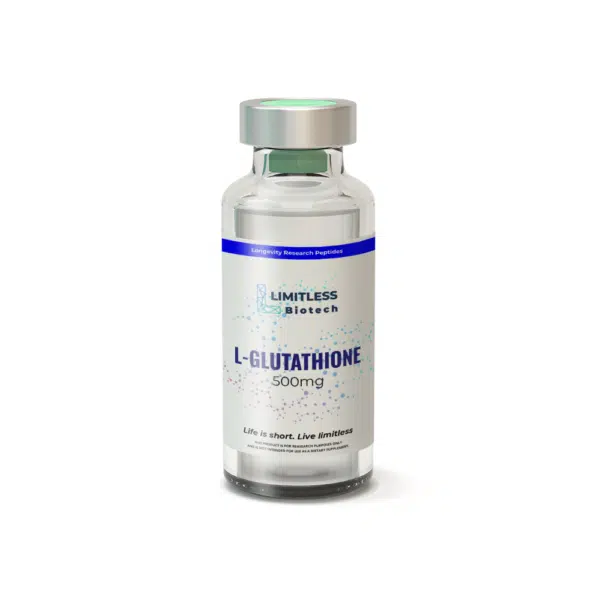
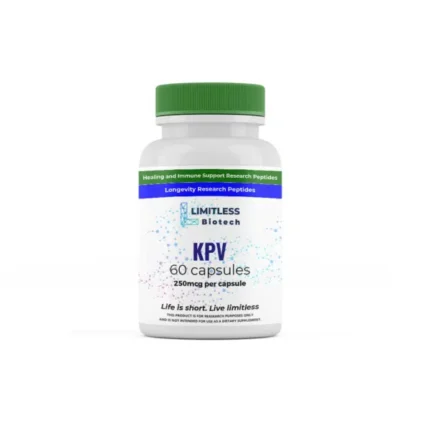
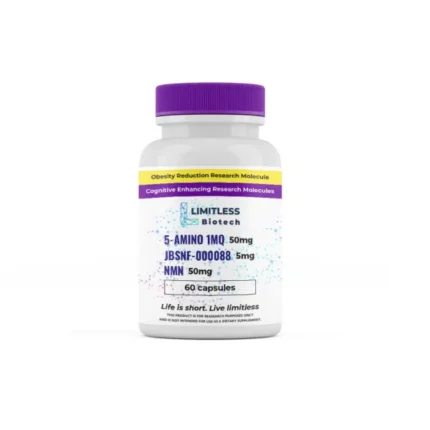



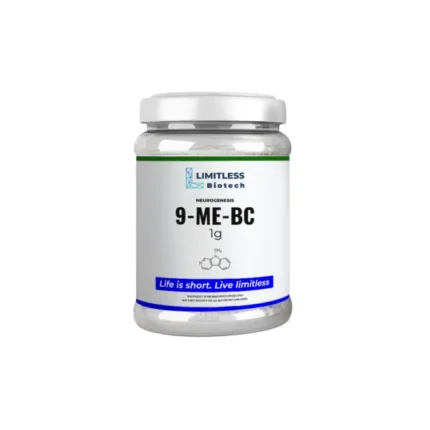
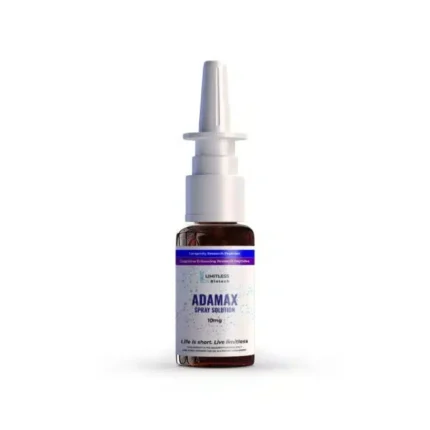




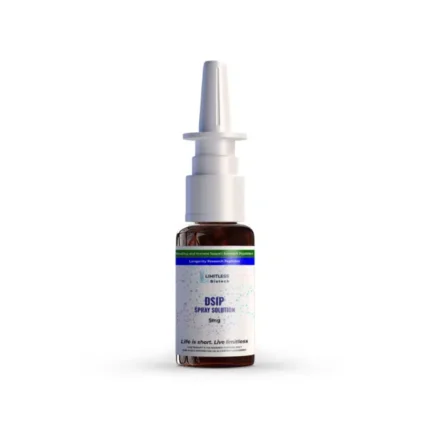
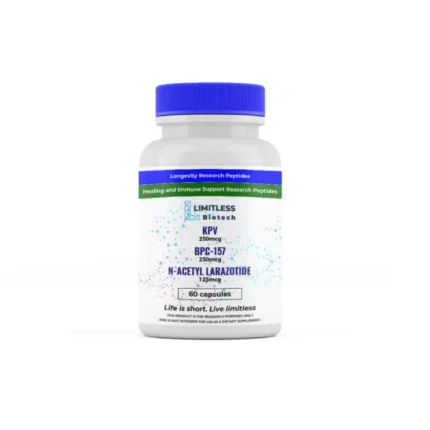
Reviews
There are no reviews yet.